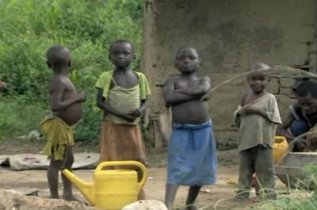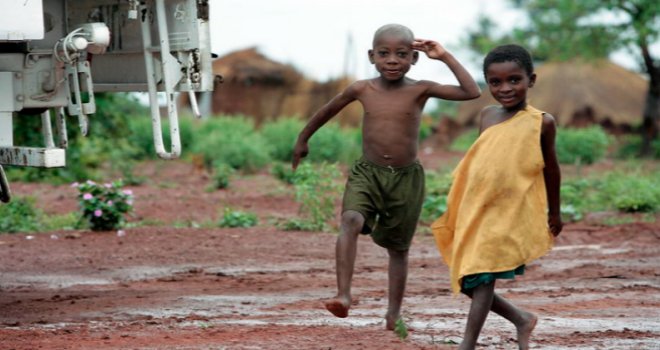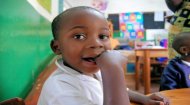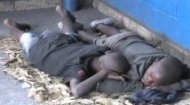
|
Child Sponsor DRC |
Child Sponsor DRC |
Child Sponsor DRC | Child Sponsor DRC |
Explore all about the Democratic Republic of Congo in a series of pictures, videos and images.
More >
|
|

|
When you sponsor a child in the Democratic Republic of Congo, the impact on an individual child's life is transformative. The support often means the difference between attending school and working in a mine or on the streets. Access to education provides not only academic knowledge but also a safe space, protection from child labour, and a sense of normalcy and hope. Sponsorship can also ensure regular medical check-ups, vaccinations, and prompt treatment for illnesses, significantly reducing childhood mortality and improving overall health. Furthermore, many programs include nutrition initiatives, providing supplementary food or education on healthy eating, vital in a region where malnutrition is a persistent threat. The criteria for selecting children for sponsorship typically include extreme poverty, orphanhood (either true orphans or children with one parent unable to provide adequate care), vulnerability to exploitation or abuse, lack of access to education, and poor health or malnutrition. Emphasis is placed on identifying children who, without intervention, face little to no prospect of escaping their challenging circumstances. This needs-based approach ensures that sponsorship resources reach those who can benefit the most. There are relatively few child sponsorship programs in the Democratic Republic of Congo (DRC) because ongoing conflict, political instability, and widespread insecurity make it difficult for NGOs to operate safely and consistently. Many humanitarian organisations working in the DRC prioritise emergency relief, such as food aid, healthcare, and protection for displaced populations, over long-term sponsorship models. Additionally, the country’s vast size, poor infrastructure, and limited administrative capacity further complicate the monitoring and delivery of individual child sponsorship programs. Those that do operate range from providing practical help for displaced children in the east of the country with blankets and shelter to working with orphans and abandoned children, improving access to health and education as well as helping to develop the country's infrastructure.
|














